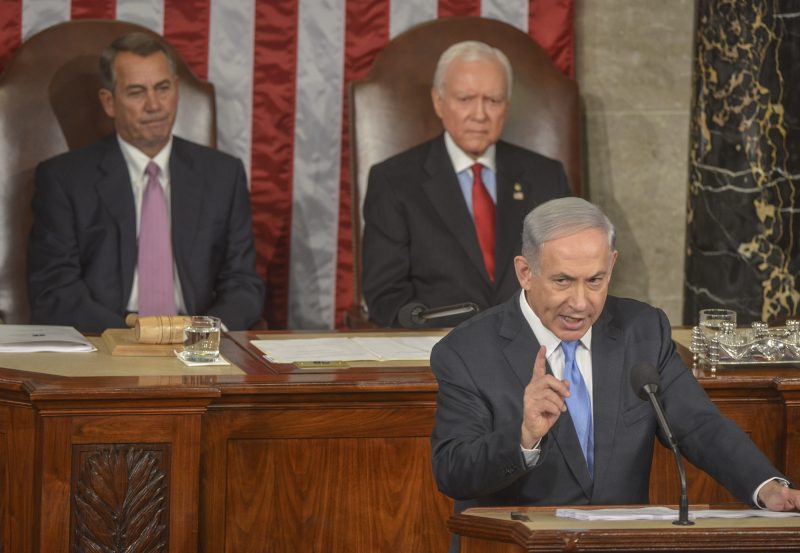The split between Benjamin Netanyahu and the Democratic Party in the United States has been a long time coming, with underlying tensions boiling over in recent years. From clashes over policies to personal animosities, the relationship between Netanyahu and the Democrats has become increasingly strained, impacting not only diplomatic relations but also echoing in domestic politics on both sides.
One significant factor contributing to this divide is the fundamental differences in approach to key issues such as the Israeli-Palestinian conflict and Iran’s nuclear program. Netanyahu’s hardline stance on security and settlements has often put him at odds with Democratic administrations seeking a more balanced approach favoring negotiations and a two-state solution. This misalignment of priorities has escalated tensions and hindered cooperation on crucial matters in the region.
Moreover, personal dynamics have played a considerable role in the rift. Netanyahu’s alliance with Republican lawmakers and his perceived interference in US domestic politics, particularly during the Obama administration, have drawn criticism and caused a strained atmosphere between him and leading Democrats. His close relationship with former President Donald Trump further deepened the wedge, as Trump’s policies often contradicted the values and interests of the Democratic Party.
In recent years, the partisan nature of US politics has exacerbated the Netanyahu-Democrats split. With Republicans staunchly supporting Israel and Democrats increasingly critical of certain aspects of its policies, Netanyahu found himself more aligned with one party than the other. This polarization has further fueled tensions and widened the gap between the Israeli leader and Democratic leaders, making cooperation and dialogue even more challenging.
The impact of this split goes beyond diplomatic relations and has implications for both Israeli and American politics. As Netanyahu prioritizes his alliances with right-wing factions in the US, his image and reputation among Democratic voters and policymakers continue to suffer. This could complicate future relations with a potential Democratic administration and shape public perception of Israel in the US political landscape.
On the other hand, the Democratic Party’s shifting stance on Israel could affect the dynamics within the Israeli government and influence its policies and priorities. As US support plays a crucial role in Israel’s security and international standing, any strain in relations with the Democrats could have ripple effects on Israeli decision-making and strategic partnerships in the region.
In conclusion, the split between Benjamin Netanyahu and the Democratic Party is a result of a confluence of factors, including policy disagreements, personal rivalries, and political polarization. As this divide continues to deepen, it poses challenges to diplomatic cooperation and can impact the broader geopolitical landscape in the Middle East. Finding common ground and rebuilding trust will be essential in bridging this gap and fostering a more constructive relationship between Israel and the Democrats in the future.

